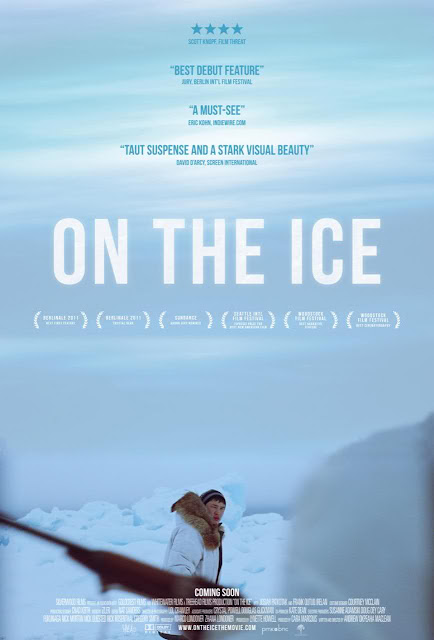
Daphne Gray-Grant offers writers
advice on how to stop shooting themselves in the foot.
17 things to STOP doing to improve your writing
~~~~~~~~~~~~~~~~~~~~~~~~~~~~~~~~~~~~~~~~~~~~~~~~~
Negative writing tips, I find, can be just as helpful as a positive ones. And, often, they're far more memorable. Here, then are 17 things you should stop doing immediately, if you want to improve your writing.
STOP....
1. Giving yourself ludicrously ambitious writing goals. I always roll my eyes when writers tell me they're going to produce 1,500 words a day. Can you spell b-u-r-n-o-u-t? Instead, start with small, easy to achieve goals. I love the
Kaizen method.
2. Reading email, twitter or Facebook when you're supposed to be writing. Multitasking is not possible. What you're really doing is constantly interrupting yourself. Turn off your notifications and just write. If necessary, get yourself a
Neo Alphasmart.
3. Writing without knowing your word count goal. Would you go on holiday without knowing the destination? Of course not! If your boss or client won't give you a word count, then assign it to yourself.
4. Waiting for inspiration. "I write when I'm inspired and I see to it that I'm inspired at 9 o'clock every morning," said Peter de Vries. Be like him.
5. Outlining. I know some people love outlining the way birds love suet but try mindmapping instead. The downside of outlining? It engages your rule-bound brain. The upside of mindmapping?
It inspires your creative brain.
6. Thinking you need an hour to write. Some writing can always be done in five minutes. Scribble a few sentences while you're anticipating a phone call or waiting for a meeting to start.
7. Trying to get a perfect first draft. Did you know Brendan Gill typically wrote 17 drafts of every piece for the New Yorker? 17! First drafts can be steaming garbage. But you can't edit until you have one.
8. Talking about what you're writing. While it's always okay to chat with your writing colleagues, don't lose the urge to tell a story by talking too much about it. Force yourself to communicate by writing.
9. Badmouthing yourself. You're no good, you tell yourself. Your writing is boring. Your readers and clients are suffocating from your prose. This kind of chatter hurts more than your self-esteem -- it also damages your writing. Refuse to pay attention to your Negative Nellie; starve him/her for attention.
10. Editing while you write. Editing is an entirely separate job from writing. Trying to edit while you write is like trying to wash the dishes while you're still eating dinner. Leave the plate-spinning to acrobats.
11. Thinking you need talent. I know this is hard to believe but writing is not generally about talent. It's about work. And persistence. And determination. Oh, it's also about reading, which leads to my next point.
12. Reading too much dreck. Just as you are what you eat, so, too, you write as you read. If you read too much John Grisham you'll start sounding like him. Make your reading habits worthwhile!
13. Expecting to sound like Jane Austen, Mark Twain or even Seth Godin. The converse of point #12 is that you're never going to be able to sound exactly like another writer. He or she didn't have your life experiences or, for that matter, your DNA. There's only so much you can do to change your natural writing voice. Be you.
14. Complaining instead of making a plan. Yes, your boss/client is a jerk. Yes, you're super busy. Yes, your life is tough. But if you want to write, well, then write. Just make yourself a realistic plan. Even just 50 words a day will give you a book at the end of four years.
15. Worrying about publishing (or your boss's/client's goals) WHILE you write. If you really need to worry about what others think, don't do it while you're composing. Writing is writing. Worrying is in its own category.
16. Not getting help when you need it. We all run into difficulty from time to time. If your writing is troubled then consider getting help. Read a book on writing (check the library or consider my book) or take a course (look into night school or think about my convenient online course.)
17. Failing to reward yourself. We all need rewards and so many types of writing are inadequately rewarded. That's why you must reward yourself. Find something that will give you an inexpensive pleasure -- buying a magazine, a book or a song or maybe even going to a movie. Treat yourself -- you've earned it.
Image:
JokesBA.com













